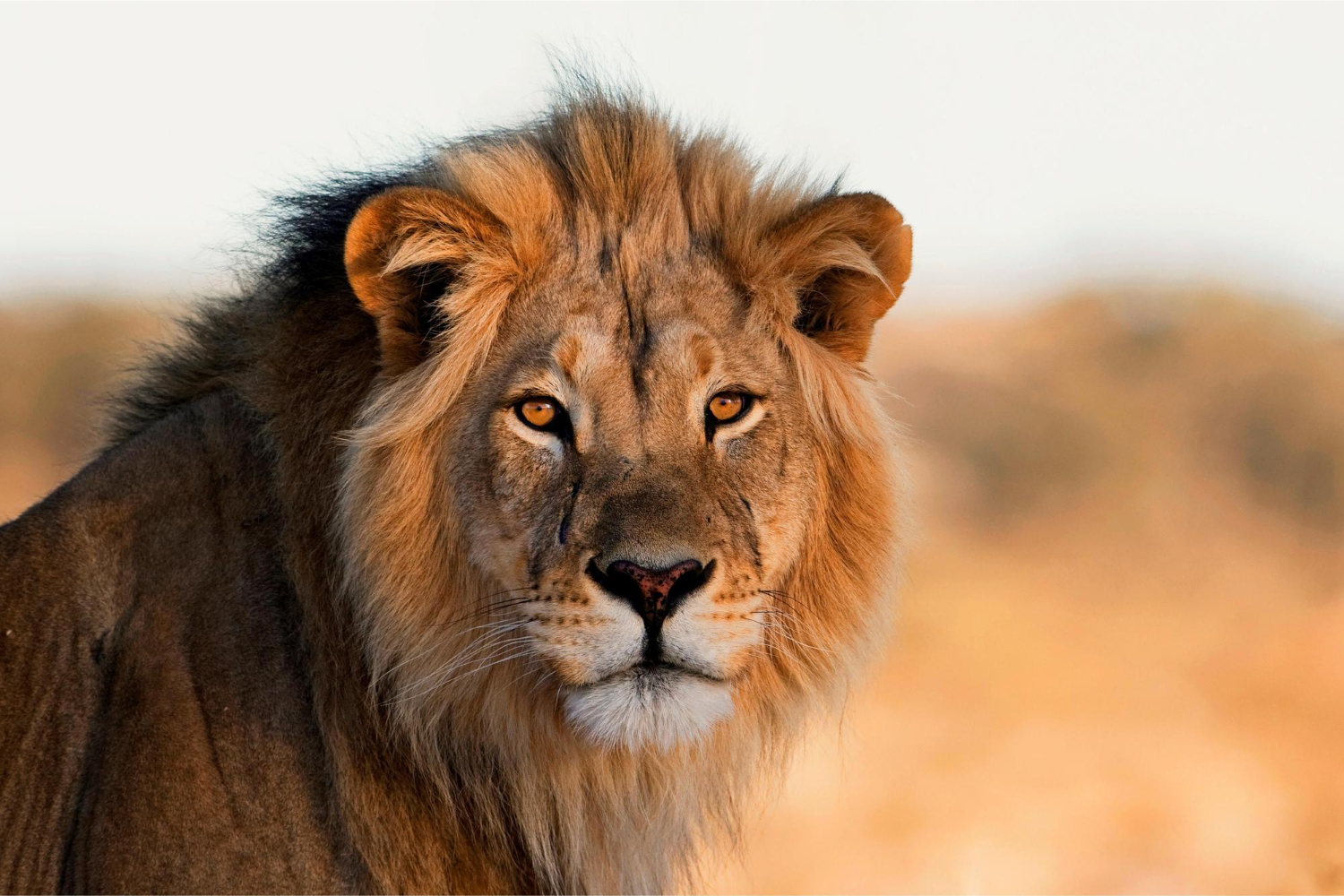Beyond competency and checking the box for general effectiveness, I’m talking about work that makes others say, “My hat’s off to you — how did you even think of that, much less actually make it happen?”
A culture of controlled experimentation is important to find those types of creative ideas, to be fearless. You have to make time for it and just get started. Jump in with your sleeves rolled up.
The best creative work rarely comes without its fair share of casualties along the way. Ideas and work are judged, poked and critiqued. Conversations are had and opinions are given, some accepted and some dismissed. Feelings sometimes get bruised. Collaboration is important, but ultimately, you have to be willing to put yourself out there and believe in what you’re doing.
Your ideas and creativity are always on review — continuous judgment, by a lot of people. Developing a strong stomach for that kind of public evaluation is important.
Be accepting that people may not understand where your work is headed if it’s early in the process. Deciding when to share, and when not to share, is really important when you’re collaborating with others to maintain the integrity of great creative work.
Once you’re at a point to share, think about what you’re creating and how you’ll describe it. How will you verbalize your ideas in a way that makes others become believers?
We’ve been trained as teams to critique, poke holes, think about target audiences, business objectives, personal objectives, media strategies and will it create brand lift and grow business.
Who has to buy-in? What will they say, what are they expecting, what’s their background to offer solid feedback of the creative work? Is there risk involved?
All of these thoughts come into play every single time a new creative piece of work is developed, and there is a time and place for each one of those conversations — they are important, but hopefully can be put aside, if even just for a second, to remain free enough to do something truly uninhibited.
Sometimes the biggest hurdle to overcome is making time and the willingness to admit that you’re not wasting it. In fact, you’re finding what works and what doesn’t, and building upon that.
It’s okay to fail. That’s part of the iterative process in being a fearless creative. Just know when to move on. Use your intuition to know when something is working. Go experiment. Believe in what you’re doing. Intuition and patience can be the most powerful tools you have to remain fearless. Make work you’re proud to attach your name to.


